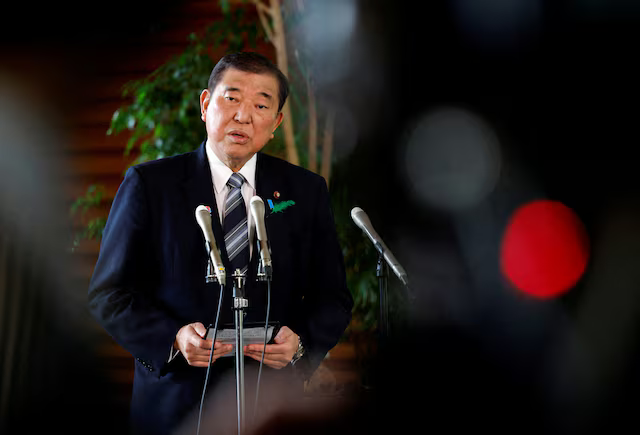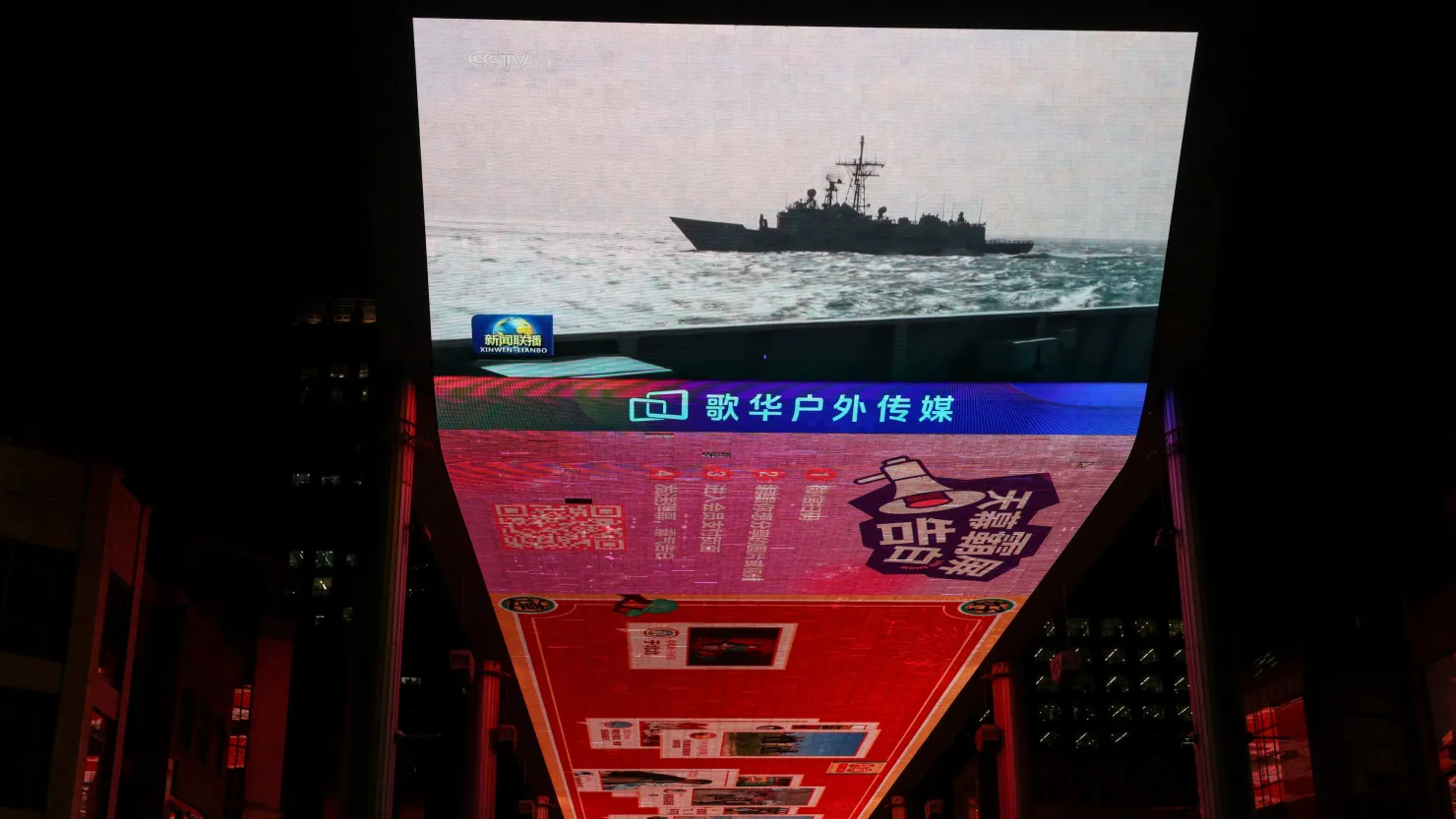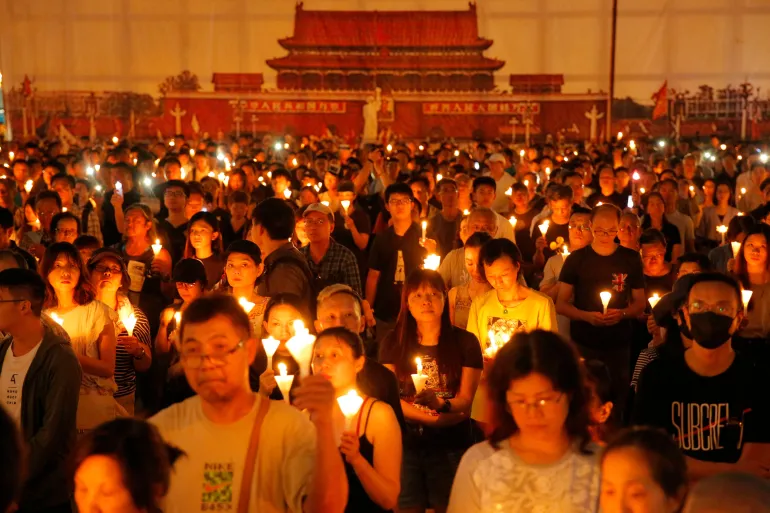Japan Unveils Emergency Economic Plan in Response to US Tariff Impact

Japanese Prime Minister Shigeru Ishiba has announced a set of emergency economic measures designed to cushion the domestic impact of newly imposed US tariffs on Japanese goods.
The move comes amid concerns that the tariffs, particularly those targeting automobiles and steel, could significantly affect key sectors of the Japanese economy.
The relief package, unveiled on Friday, includes subsidies aimed at lowering petrol prices by 10 yen (approximately $0.07) per litre and providing partial coverage for electricity bills over a three-month period starting in July. Additionally, the government will extend low-interest loans to a broader range of small and medium-sized enterprises through government-backed banks, aiming to support companies that are more vulnerable to economic fluctuations.
“I have instructed cabinet members to make the utmost efforts to aid firms and households that have been worried about tariff impact,” Prime Minister Ishiba stated during a meeting of the government’s tariff task force.
The economic package will be financed through a reserve fund, which avoids the need for drafting a supplementary national budget, according to Economy Minister Ryosei Akazawa. He also indicated that the government remains open to additional support measures, depending on how the tariffs continue to affect domestic consumption and the automotive sector in particular.
The measures come in response to a decision by US President Donald Trump on April 2 to impose a 25 percent tariff on car and truck imports from Japan. An initial 24 percent tariff on all Japanese goods was later reduced to 10 percent for a 90-day period. The tariffs form part of broader trade tensions and negotiations between the two nations.
In response to the developments, Akazawa, who also serves as Japan’s chief trade negotiator, is scheduled to travel to Washington next week for further discussions. Meanwhile, Japanese officials are reportedly exploring the possibility of increasing soybean imports from the US as a potential bargaining point in trade talks.
Despite the uncertainty, Tokyo’s Nikkei stock index rose by 1.9 percent on Friday, buoyed by a broader rally on Wall Street and renewed investor optimism that the US may moderate its tariff stance.
With input from Al Jazeera and Reuters.









The latest news in your social feeds
Subscribe to our social media platforms to stay tuned